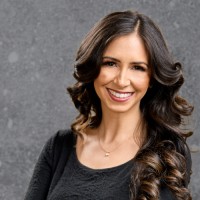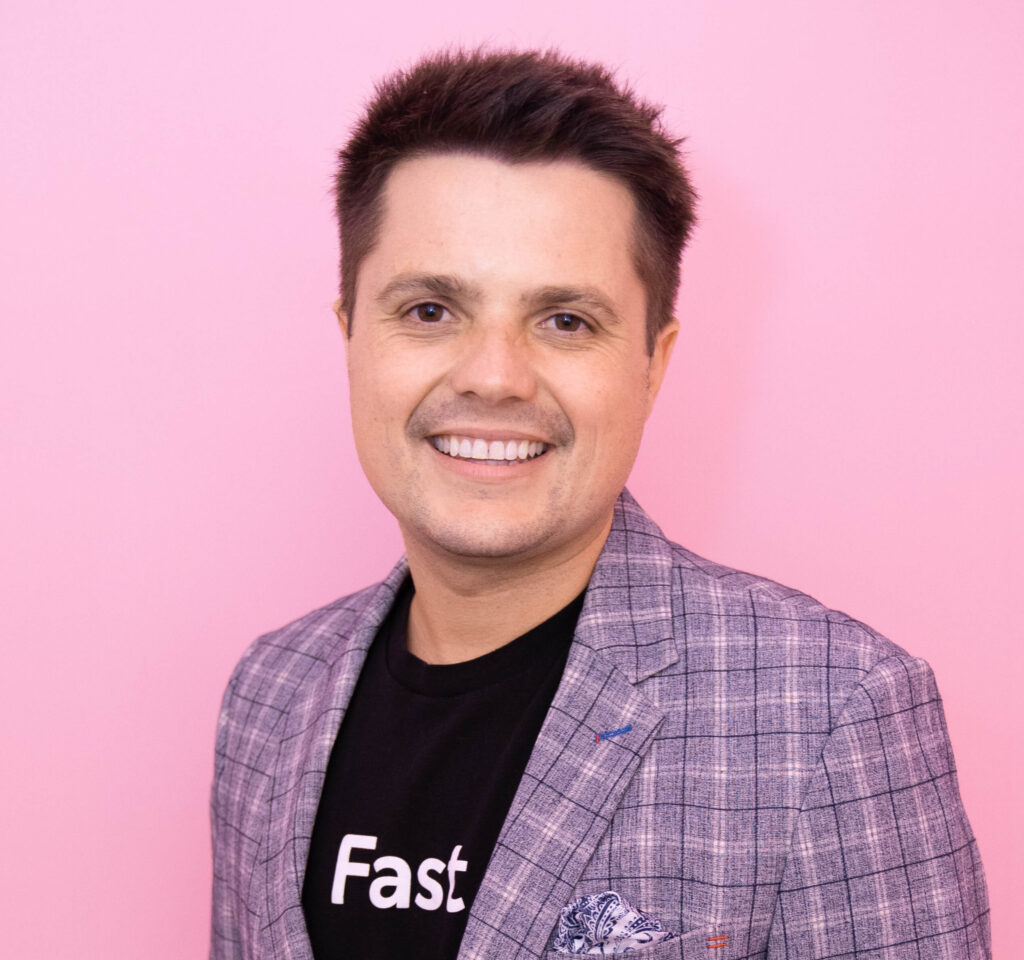
Lux Capital
Deena Shakir is a partner at Lux Capital, a venture capital firm that manages more than $2 billion. She is particularly interested in entrepreneurs building breakthrough companies enabling human and environmental health, access, and productivity.
While her immediate background before joining Lux sounds familiar – she was a partner at GV (previously “Google Ventures”) – her path before that is a bit more unusual. As a journalist, Deena once hosted the pilot episode of a bilingual Arabic-English TV news series modeled after 60 Minutes.
Deena was also a Presidential Management Fellow at the U.S. Department of State under Secretary Clinton, where she helped launch President Obama’s first Global Entrepreneurship Summit in 2010.
She is the first-generation daughter of immigrants from Iraq and speaks fluent Arabic and French.
In this episode, we discuss a range of topics, from her experiences as an Arab-American to her path from Washington to Silicon Valley. We also discuss the impact COVID is having on the venture business, and families like hers. Also covered: The unique craziness of online parenting groups.
EPISODE EXERPTS
On Education
“Education, is an area I’m passionate about, where I’ve made investments like that in a company called Mos. Mos is using artificial intelligence to make the process of searching for financial aid easier. Clearly, there were already platforms for you to search for scholarships. However, they’ve made that much more sophisticated, and the process is so much easier now. And this was meaningful for me personally because that was a process I went through. I paid for college by myself, patching together all these scholarships. And now that is something that is changing the lives of students on a daily basis.”
On Women in Venture Capital
“ In terms of women in venture, I think we’ve obviously we’ve come a long way, particularly in the last three years. I joined the venture world maybe three months before that moment, if you want to call it that, where everybody realized this was an actual problem. It was in the summer, I think, of 2017 when a lot of this came to light. I think we still have a very long way to go. Some of the solutions may have potentially created additional problems around tokenism, for example, around cliques around certain folks or groups taking up all the oxygen in the room, et cetera. But that being said, I’ve seen some really great progress.”
On Software
“When it comes to software specifically, the democratizing piece of it is what gets me really excited. I get really excited about technology that streamlines analog industries — that allows people to do things more quickly — whether that means grassroots organizing or whether it means accounting.”
On the Impact of the 9/11 Attacks
“Being in high school, a teenager, during 9/11 — being a Muslim and Iraqi American, that was a really pivotal moment for me. It was the first time where I felt like these two parts of my identity that really always felt like they were fluid and just part of who I am — all of a sudden it seems like they weren’t to some people. That really was troubling for me.”
Spotify: https://rb.gy/zelasn
iTunes: https://rb.gy/vkfu8v
Lux Capital https://luxcapital.com
Something Ventured https://somethingventured.us
Comments closed

